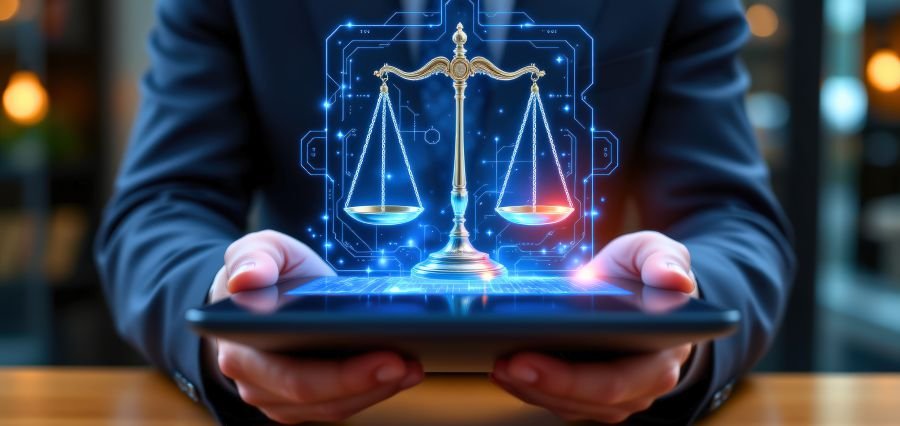Prime Highlights
- Artificial intelligence is transforming law firms and in-house teams, offering faster data analysis and efficiency gains.
- Experts warn that AI hallucinations and a lack of mentorship could undermine legal standards if not managed carefully.
Key Facts
- Some lawyers have already faced issues in court for using fake case citations generated by AI.
- Junior lawyers are learning prompt engineering, enabling them to extract insights from vast data while still requiring senior mentorship.
Background
The legal profession is undergoing drastic changes due to artificial intelligence, but there are also issues that lawyers should consider carefully. The two key issues in the work of law firms and in-house teams are how to apply AI to achieve high efficiency, yet at the same time, not to reduce standards, and how to make sure that new lawyers have a high standard of training.
One of the main risks is the problem of “AI hallucinations,” when systems create convincing but false information. Some lawyers have already faced problems in court after submitting fake case citations generated by AI. Experts stress that every AI output must be reviewed carefully, just like the work of a junior associate. Structured skepticism, they add, is the only way to maintain legal rigor.
At the same time, AI is opening new paths for younger lawyers. Many are learning prompt engineering, designing smart inputs that allow AI to deliver more useful results. Junior lawyers will be able to analyze vast amounts of data, recognize trends, and plan quickly than previously with strong prompts. This transformation is making them less document readers and more of an archaeologist of insight, assisting the senior lawyers with greater analysis.
However, mentorship cannot be substituted by technology. The senior lawyers should still participate in mentoring junior workers so that their AI competencies are balanced with good legal judgment. General counsels looking to build AI-ready teams are now seeking candidates who can combine tech fluency with discipline and care.
Experts say the future of law will depend on “augmented intelligence”, where human judgment works hand in hand with AI. By combining rigorous validation, smart experimentation, and strong mentorship, the legal profession can use AI to expand efficiency without losing its professional values.
Read Also : UK’s Top Law Firms Lead the Way in AI Adoption, Transforming Legal Services





